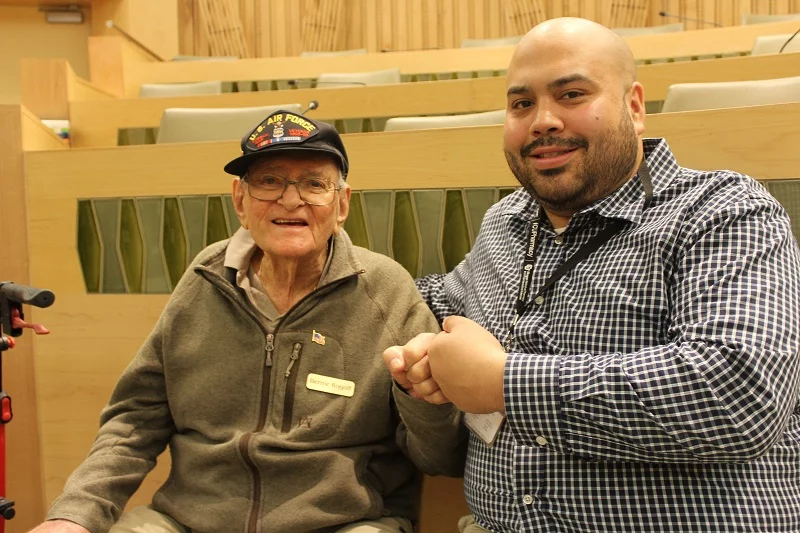Neurosurgery
Neurosurgery (short for neurological surgery) is more than just brain surgery. It is the medical specialty concerned with diagnosing and treating conditions that affect your nervous system, which includes your brain, spine and peripheral nerves. Depending on the condition, your neurosurgery team may provide both surgical and non-surgical care.



What can neurosurgery treat?
- Trauma to the nervous system, such as after an accident.
- Aneurysms, blocked arteries or other problems with the blood vessels in the brain and spinal cord.
- Spinal tumors and brain tumors.
- Infections and abscesses (collections of pus) in the spinal area or brain.
- Spinal problems that cause neck pain, back pain or leg pain (sciatica). These may be related to spinal cord injuries, arthritis, a herniated or ruptured disk, or degenerative disk disease.
- Epilepsy that is not responsive to medical treatment.
- Disorders of the peripheral nerves, such as carpal tunnel syndrome.
- Disorders of movement, such as Parkinson’s disease and tremors.
- Pain disorders, such as failed back syndrome or trigeminal neuralgia.
Your neurosurgery team
UCHealth specializes in care for disorders of the brain, spinal cord and peripheral nerves.
Our neurosciences practice is nationally ranked by U.S. News & World Report, and 70% of our Neuro ICU nurses have CCRN (Critical Care Registered Nurse) or CNRN (Certified Neuroscience Nurse) board certifications.

Every step of the way, your UCHealth care team will collaborate with you and your family to ensure that our care strategies meet your health goals and ensure your quality of life. We use a collaborative approach through emerging and proven therapies to ensure you receive the best possible care, and we identify and address complications before they become critical.
Pituitary Tumor Program
One of the largest and most experienced programs of its kind in the country, the University of Colorado Tumor Program is nationally recognized to evaluate and treat pituitary tumors. The program includes providers from multiple specialties, including neurosurgery, neuro-ophthalmology, neuropathology, neuroradiology, head and neck surgery, and radiation oncology.
References
American Association of Neurological Surgeons (AANS). Neurosurgical Conditions and Treatments (https://www.aans.org/Patients/Neurosurgical-Conditions-and-Treatments)
American Association of Neurological Surgeons. Journals (https://thejns.org/)






